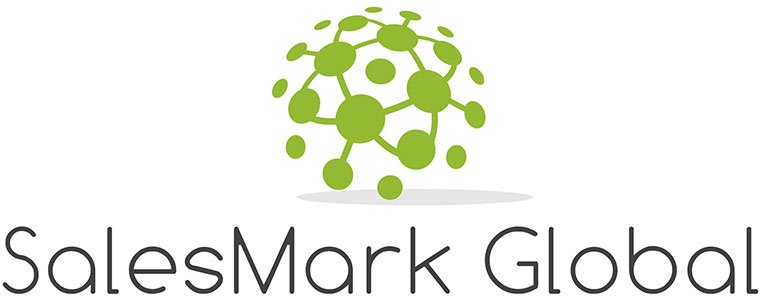Lead Scoring and its benefits in improving sales in B2B
In today’s competitive world, businesses always want to stay ahead of their game. The pressure to be on top has been more existential than ever, which has given rise to various marketing tools, one of which is lead scoring.
Lead scoring has been growing in popularity and plenty of sales and marketing professionals have been offering basic contact scoring features to stay competitive. Moreover, lead scoring has helped marketing teams prioritise which leads they need to focus on and who can become potential customers, resulting in revenue growth.
What is Lead Scoring?
A method that is used by marketers and sales teams to orchestrate and determine how likely their leads are to buy is collectively called ‘Lead Scoring.’ It is a process wherein you assign a score (often 1-100) to the potential leads. This scoring is essentially done based on an individual contact’s specific traits or actions and the score then determines your leads’ buying intention. The higher the score, the more likely they’ll buy.
Benefits of Lead Scoring
As lead scoring determines how valuable a particular lead (potential customer) is and how much effort will be required for converting the lead, it brings along various other benefits to the business.
With flustered information, it can be daunting for the sales department to focus on the potential candidate. Having firm, concrete, and customisable lead scores can help in scoring strong leads who should get immediate and high levels of attention and those who can be put by the wayside. This saves time and thus costs and incidentally increases sales.
This way sales no longer have to pick leads at random and decisions are based on reliable data. The employees then have a comprehensive 360-degree profile of the customer, inclusive of their lead score.
Lead Scoring and its value in Businesses
Every potential customer is important and having detailed information about them, already makes you ahead of the game in the business. In the B2B world, sales reps only speak to leads with higher scores. Leads who score below 50, for instance, go through an automated lead nurturing email workflow. This slows down the entire process and makes it redundant for the employees as well.
Not just that, lead scoring sophisticates this whole process and allows companies to generate maximum revenue with minimum effort. Moreover, it decreases the probability of failure when it comes to converting leads.
Another aspect of lead scoring is that it doesn’t rely on guesswork.
The entire concept of scoring the leads enables them to compare systematically with minimal error margin. The scoring is therefore designed in such a way that marketers can identify the right channels to acquire the best leads.
Visit Our SalesMarkBlog Section to Uncover the Sales Strategies That Ignite Your Sales Journey!


